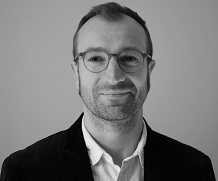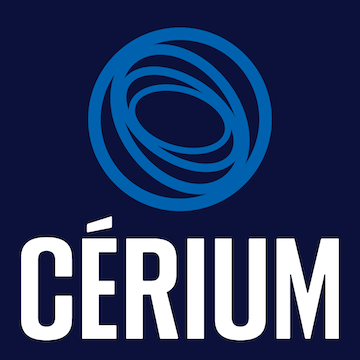COURSIN, Régis

Postdoctoral researcher
Contact
Pav. PAVILLON 3744 JEAN-BRILLANT \ bur. 530
Research Expertise
Ph.D. Université Laval
M.A. Université Libre de Bruxelles
B.A. Université Libre de Bruxelles
I am a Postdoctoral and a Research Fellow at the Center for International Studies. I hold a postdoctoral research grant from the Fonds de recherche du Québec – Société et culture.
Rooted in a global approach at the very junction of the sociology of modernity and collective action, cultural and postcolonial studies, and Atlantic and transnational history, I am currently studying a community of Atlantic republicans between the American and the French Revolutions, which I called the “Republican Atlantic”. The transnational activists and philosophers composing it sought to implement global reforms to challenge corrupted monarchies in the last third of the 18th century. By taking into account the ties and connections beyond and below State control, it becomes possible to understand the importance of the transnational factor in the global protest against monarchy. To define the contours of this Atlantic enables us also to reflect upon the existence of a – transnational and social – republic before the advent of – national and political – republics, and its contribution to the disruption of monarchical order beyond a limiting nation-state perspective.
I am currently working on a book entitled Patriots without borders. The Republican Atlantic (c. 1764 – 1792) that will be published with CNRS Éditions. My first book intended to make a sociology of an entry into revolution through the trajectory of the philosopher Jacques-Pierre Brissot de Warville based on an extensive analysis of his Papers held by the French National Archives.
Areas of expertise
- Age of Revolutions
- Atlantic and transnational history
- Social Movements
- Globalization
- Critical theories
